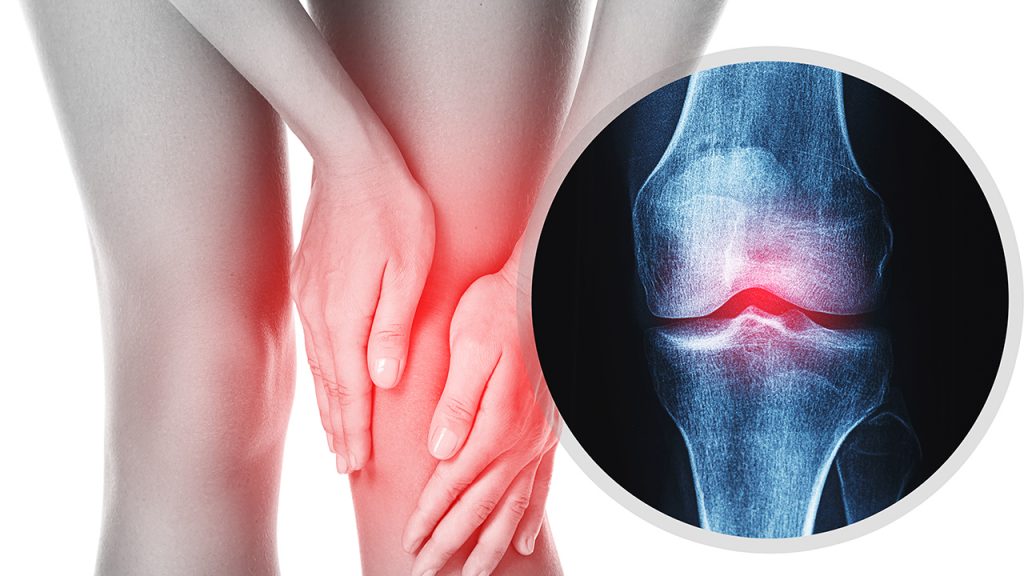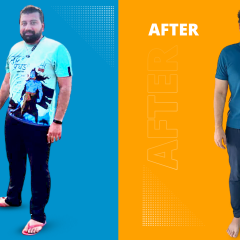 Vitamin D, commonly known as the “sunshine vitamin,” is actually a pro-hormone produced in the body upon exposure to sunlight. This essential nutrient exerts significant influences on multiple systems across the body
Vitamin D, commonly known as the “sunshine vitamin,” is actually a pro-hormone produced in the body upon exposure to sunlight. This essential nutrient exerts significant influences on multiple systems across the body
Health Benefits of Vitamin D
- Promotes Healthy Bones and Teeth: Crucial for calcium absorption, which is essential for maintaining bone health.
- Supports Immune, Brain, and Nervous System Health: Boosts immune function and supports cognitive and nervous system functions.
- Regulates Insulin Levels and Aids Diabetes Management: Assists in maintaining normal blood sugar levels.
- Maintains Healthy Lung Function and Cardiovascular Health: Supports lung function and helps reduce the risk of cardiovascular disease.
- Influences Gene Expression Related to Cancer: Involved in regulating genes that may be linked to cancer development.
How Does It Improve Immunity Levels?
The human body fights infections using two types of immune systems – the innate system (which provides a quick, general response) and the adaptive system (which produces a slower but highly specific response, such as antibody production). Vitamin D modulates both systems, which explains its wide-ranging effects on the immune system.
Vitamin D deficiency is more common in individuals experiencing seasonal cold and flu outbreaks. During the winter and seasonal changes, there is less sunlight, leading to lower Vitamin D levels and reduced immunity.
Why Do Immune Cells Need Vitamin D?
Vitamin D has a “non-classic” role in modulating the body’s immune responses to illness or infection. Vitamin D receptors are found throughout the body, including in immune cells. T cells, which are crucial for fighting infections, need vitamin D to become activated. Without sufficient vitamin D, T cells remain dormant and unable to protect the body effectively.
How Do You Get Enough Of Vitamin D?
1. Sunlight
Getting enough sunlight is the best way to help the body produce sufficient Vitamin D. Exposing your skin to the sun for 20 to 30 minutes a day ensures enough UVB rays come into contact with the cholesterol in the skin, enabling Vitamin D synthesis.
However, several factors affect Vitamin D production from sunlight:
- Time of Day: The skin produces more Vitamin D when exposed to the sun during midday (between 10 am to 2 pm) when the sun is at its highest.
- Sunscreen: Sunscreen blocks UVB rays, limiting Vitamin D production. It is best to allow some direct sun exposure to the skin.
- Skin Exposure: The more skin you expose, the more Vitamin D your body will produce. Consider wearing short sleeves or shorts when possible.
- Skin Colour: People with lighter skin produce Vitamin D more quickly than those with darker skin due to lower melanin levels.
- Geographical Location: Living farther from the equator means less UVB radiation, especially during the winter months in the UK.
- Always remember: Frequent, moderate sun exposure is beneficial, but prolonged exposure can increase the risk of skin cancer. Balance is key.
2. Food Sources
While sunlight is the best source of Vitamin D, certain foods can help increase levels:
- Fatty Fish (Salmon, trout, mackerel, and sardines)
- Egg Yolks
- Cheese
- Mushrooms (exposed to sunlight)
- Fortified Foods (milk, cereals, and juices)
3. Supplements
If you have limited exposure to sunlight or are experiencing symptoms of Vitamin D deficiency (such as frequent illness, fatigue, bone pain, or muscle weakness), consider taking supplements. In the UK, the NHS recommends adults and children over 1 year should consider taking a daily supplement of 10 micrograms (400 IU) of Vitamin D, particularly during autumn and winter.
Note: Always consult with a healthcare professional before starting any supplements.
Hope this article helps you understand the importance of the Sunshine Vitamin, especially to boost immunity. For more tips on boosting your immunity, reach out to a GOQii Coach by subscribing for Personalised Health Coaching here.
#BeTheForce





